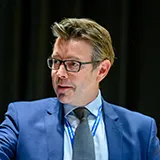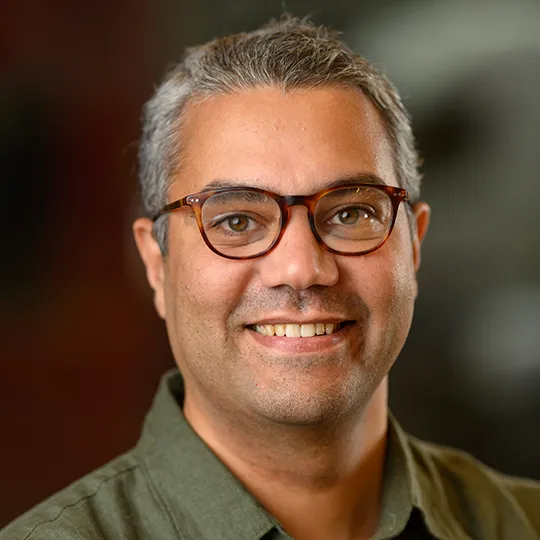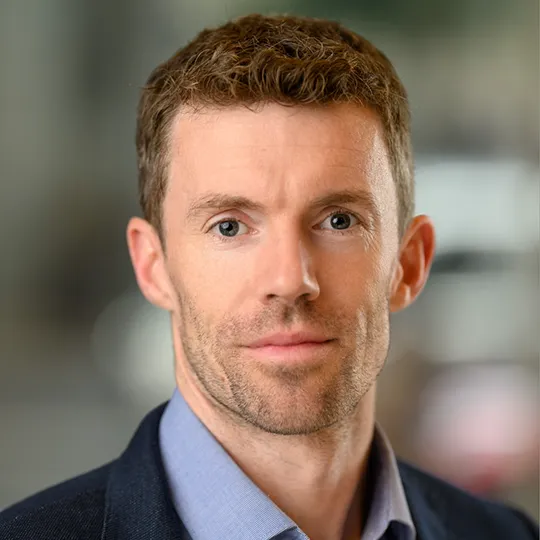28 March 2022
War Studies researchers have played a significant role in supporting initiatives around the world to reduce the risks associated with nuclear weapons.
Because of its potential for devastating humanitarian and environmental harm, an act of nuclear terrorism or the intentional or accidental use of nuclear weapons by a state, have long been regarded as among the greatest threats to global security.
Researchers at King’s College London’s Centre for Science and Security Studies (CSSS), in the Department of War Studies, have played a significant role in supporting government and industry initiatives around the world to reduce the risks associated with nuclear weapons, sensitive nuclear materials and civil nuclear facilities.
Currently there are more than 10,000 nuclear weapons in the arsenals of nine states, while more than 30 countries have stocks of nuclear materials that, while produced for peaceful purposes, could potentially be weaponised by nefarious actors. In addition, over 50 countries operate either nuclear power or research reactors, which are potentially attractive targets for theft or sabotage attacks by state and non-state actors.
To date, few studies have examined the practicalities of nuclear disarmament and how future arms control treaties, aimed at reducing nuclear weapons stockpiles to low numbers, might be verified. Similarly, limited research has been conducted on the performance of nuclear security systems both in relation to the detection of smuggled nuclear materials and the identification and mitigation of threats at nuclear facilities.
In an effort to help bridge these gaps, CSSS researchers, including Professors Wyn Bowen, Christopher Hobbs, Matthew Moran, and Dr Hassan Elbahtimy, conducted innovative empirical research. They worked closely with relevant practitioner communities in more than 20 countries, through surveys, interviews and highly realistic simulations. The research findings helped develop new tools and frameworks, that have advanced understanding of nuclear security related issues, directly shaping policy and informing best practice in the work of international organisations, national governments and industry.
The research team also strengthened nuclear security by improving the detection of smuggled nuclear materials, and supporting the development of practical steps towards verified nuclear disarmament. The research has furthered knowledge relating to the control of nuclear weapons and materials, with a particular focus on the functioning of nuclear verification and security systems at the operational level.
Almost all incidents of nuclear sabotage or thefts of nuclear material can be traced to poor human performance, compromising security at nuclear reactors or other facilities associated with nuclear material production or storage. The researchers played a key role in increasing understanding of the impact workplace culture and human behaviour can have in relation to security systems in nuclear facilities. They identified a number of common challenges that are likely to inhibit the effectiveness of security policies and practice, as well as solutions for how these may be overcome. Their recommendations included adopting new organisational approaches and technical tools to better support teams involved.
At the heart of the nuclear security projects led by CSSS, is an effort by researchers to continually collaborate with international organisations, governments and industry, in order to to identify and address the most pressing challenges. This close relationship between researchers and research-users has ensured that this body of work has supported policy needs and new operational requirements. It has shaped the course of international initiatives, national guidance and practice at nuclear facilities around the world.




